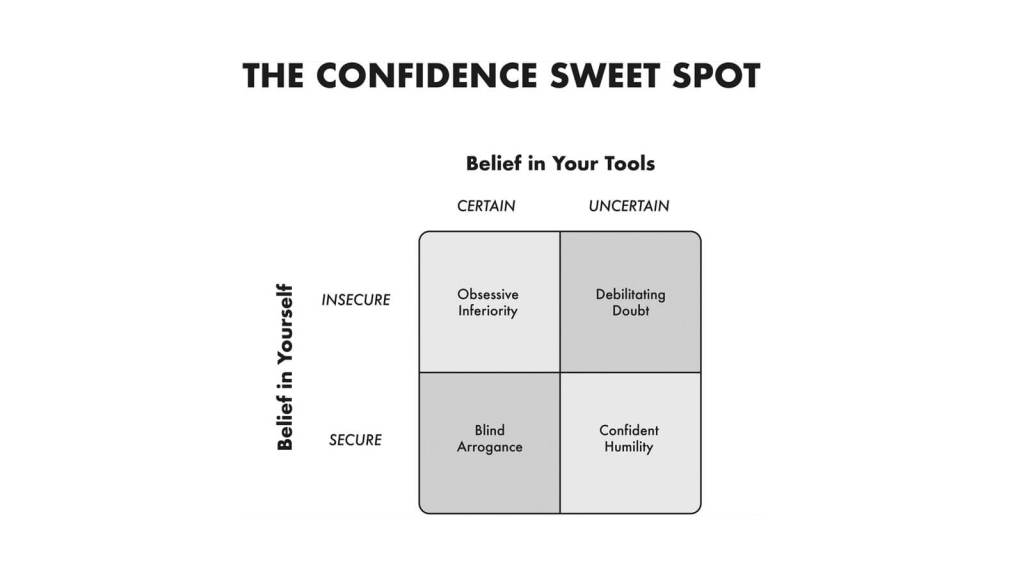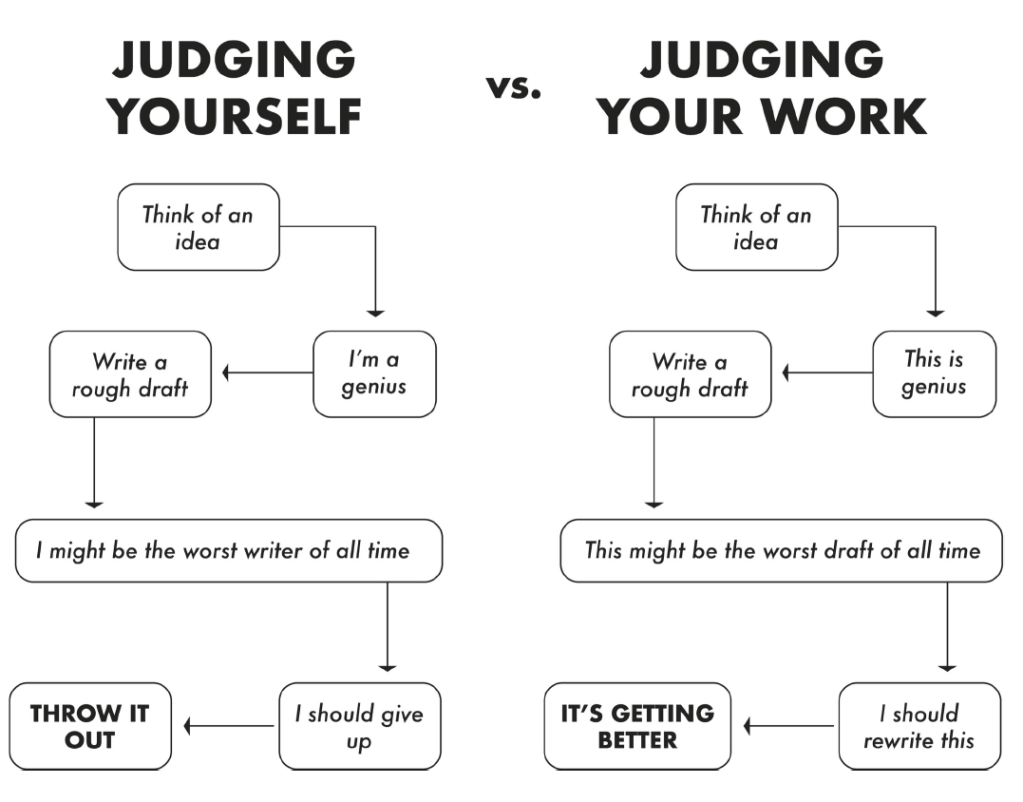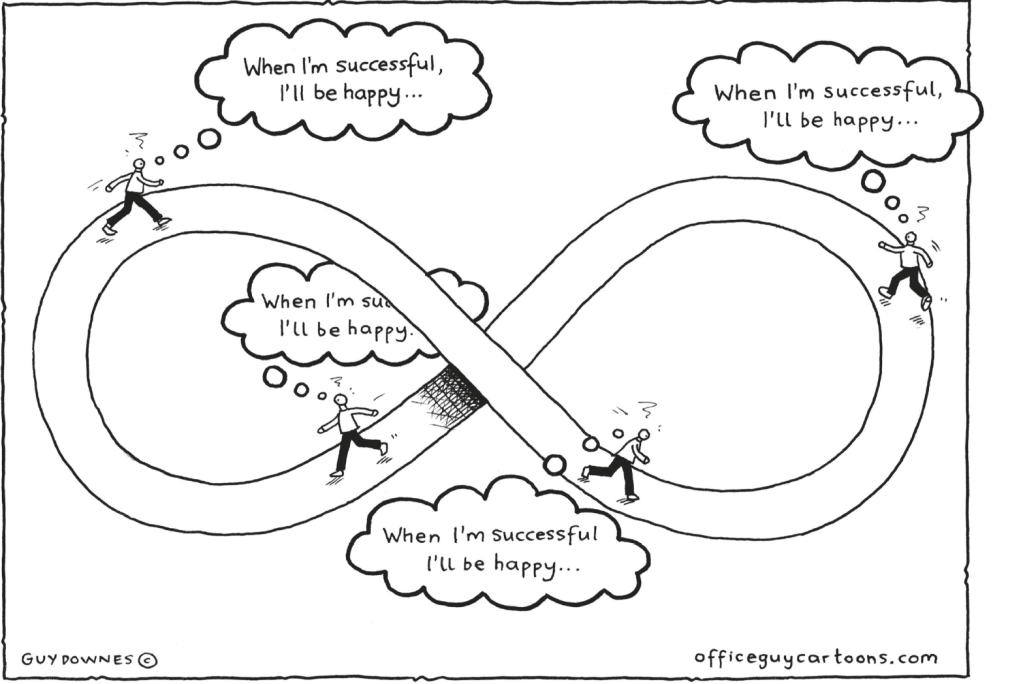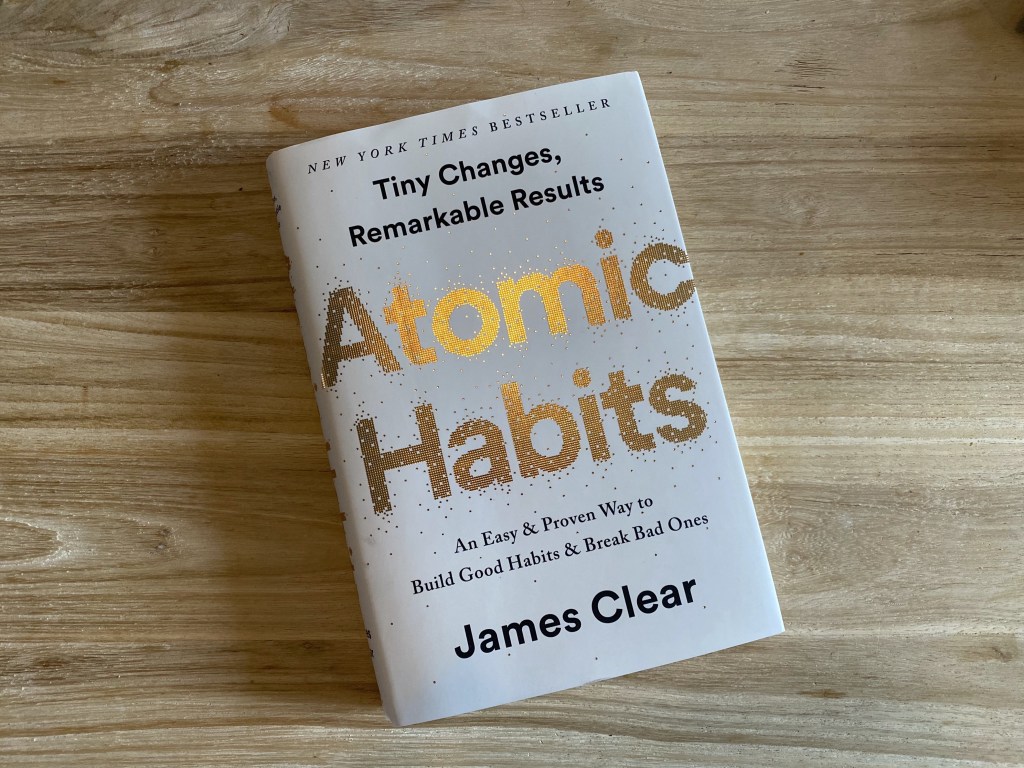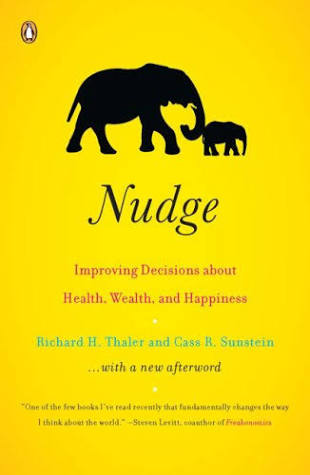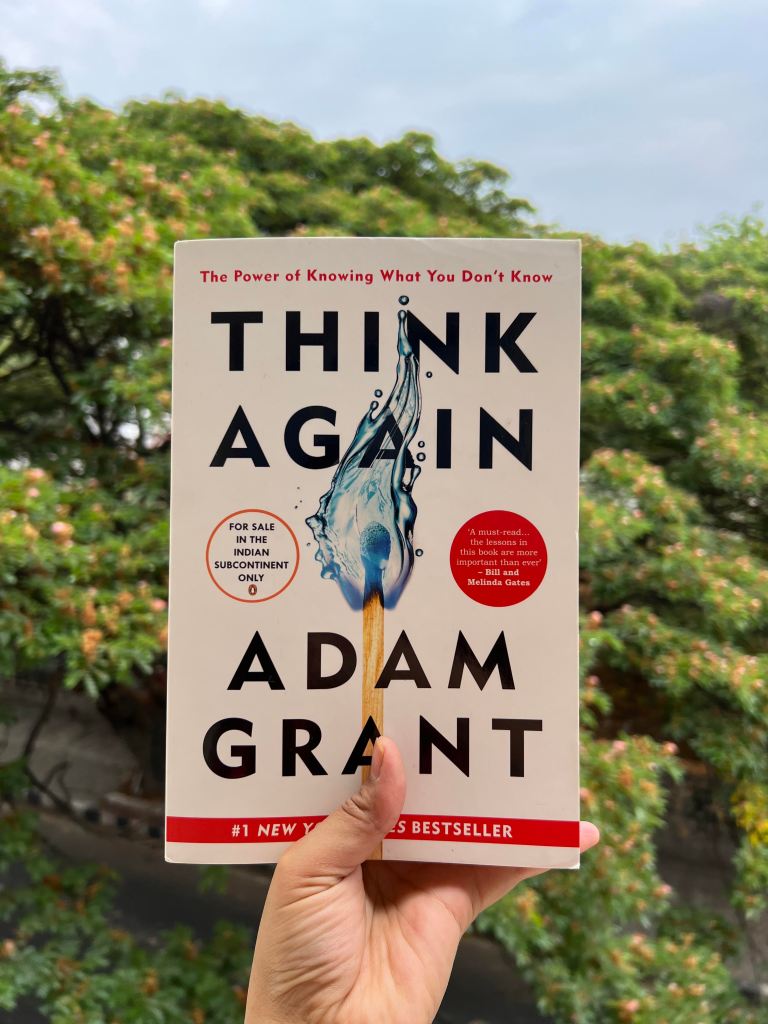
“Progress is impossible without change and those who can not change their minds can not change anything”- George Bernard Shaw
Have you ever wondered why some of the most successful companies were later phased out of the market? BlackBerry and Kodak are two such companies that failed to rethink their strategies. The only reason was that the leadership at these companies could not innovate and change themselves in a rapidly changing world. Why did these leaders and people fail to re-think? Because leaders of these companies were trapped in the ‘overconfidence cycle’ where they were fuelled by pride, conviction, validation, and confirmation bias. However, some companies adopted the idea of rethinking and later became market leaders. These companies’ leaders were guided by intellectual humility, doubt, curiosity, and discovery. Apple is one such example that focuses on rethinking the cycle. Rethinking is a skill set and also a mindset. Rethinking encourages us to let go of knowledge and opinions that are no longer serving us well. Flexibility rather than consistency should drive one’s sense of self.
This book, ‘Think Again: The Power of Knowing That You Don’t Know‘ by Adam Grant is one of the most powerful books I have ever read. The book makes you rethink on an individual level, interpersonal level, and collective level. This book has the essence of ‘Predictably Irrational: The Hidden Forces That Shape Our Decisions‘ another powerful book written by Dan Ariely who argues that human beings are irrational beings and mental misers. Their minds cannot cope with the complexity of the world. We want a predictable world and cling to our identities.
The book is neatly divided into three parts. The first part focuses on individual rethinking. The second part talks about interpersonal rethinking and the third part discusses collective rethinking.
The author talks about updating one’s own views under individual rethinking. We listen to views that make us feel good, instead of ideas that make us think hard. As people when we think and talk, we adopt the mindsets of three different professionals: Preachers, Prosecutors, and Politicians. Preachers and Prosecutors already think they are right and try to give sermons/ arguments to prove their points. Politicians say what the audience wants to hear. They lobby and campaign to gather support for their ideas. Adam urges us to ‘think like a scientist’ and have an open mind.
Harnessing the benefits of doubt and embracing the joy of being wrong and dealing with armchair quarterback syndrome/imposter syndrome can help in calibrating one’s confidence. In many cases, people are suffering from the Dunning-Kruger Effect. They have been overconfident when they lack competence in their life. Confidence, competence, and humility are some of the things to be inculcated to lead a happy and successful life.
Adam believes confident humility is the key. It means having faith in our capability while appreciating that we may not have the right solution or even address the right problem. One of the most intriguing concepts the author talks about is that one miniature dictator lives inside our heads. It protects our self-image by feeding us comforting lies and acts as a hindrance in the process of rethinking. Self-identity should be defined in terms of values and not opinions.
Engage with people and groups whose ideas differ from yours. Everyone knows more than you about something. The author encourages us to learn something new from each person we meet. We need to build a challenge network along with a support network. The challenge network will help in providing regular feedback and push for change. Dealing with conflict is necessary either in the workplace or in personal life. All problems are interpersonal relationship problems, mentioned in another book named ‘The Courage To Be Disliked’. Adam talks about two types of conflict: relationship conflict and task conflict. According to the author, it’s better to have a relationship conflict rather than a task conflict. Relationship conflict is unproductive for performance but task conflict leads to higher creativity and smarter choices.
Interpersonal rethinking focuses on changing other people’s behavior by asking questions and actively listening. According to the author, people should take the collaborative approach rather than the adversarial approach while persuading people in an argument. Adam mentions the concept of motivational interviewing which helps people to change their behavior and also leads them to self-discovery. Motivational interviewing involves three key techniques: asking open-ended questions, engaging in reflective listening, and affirming the person’s desire and ability to transform. Betty Bigombe’s successful effort in bringing Joseph Kony, head of the Lord’s Resistance Army in Uganda, to the conversation table is one of the finest examples of the art of influential listening.
Collective rethinking focuses on creating communities of lifelong learners and targets to change in society at a collective level. And it is possible when things are not seen through a binary lens. Things are not black and white always. Things are grey. Things are complex and people contain multitudes. Nuance is the key. As the author states it takes a variety of views to help people realise that they too contain multitudes.
Rethinking can happen in a learning culture whether it’s in a school, a workplace, a community, or in a relationship. In a learning culture, students are taught to question knowledge. Children need to understand the concept of revising their work multiple times and taking feedback from people. And most importantly people should stop asking kids what they want to be when they grow up. One identity does not define the person. Every kid needs to explore multiple possibilities to flourish in their life. Learning cultures at workplaces display psychological safety under which a climate of respect, trust, and openness is developed. In this culture, people can raise concerns and suggestions without fear of reprisal.
Passions can be developed. We can rethink our careers again. The author has a very insightful perspective on happiness. According to the author, when people chase happiness, they become less happy in their lives. In fact, evidence suggests that putting a lot of importance on happiness leads to depression. According to the author, three factors ruin happiness. We start evaluating life instead of enjoying every moment. We spend too much time striving for peak happiness as opposed to focusing on the frequency of positive emotions. We also focus more on pleasure than the purpose of the activity. According to the author, the Eastern conception of happiness leads to better well-being than the Western conception of happiness. Eastern cultures prioritize social engagement over independent activities. As the author very rightly states ‘our happiness often depends more on what we do than where we are. It’s our actions-not the surroundings that bring us meaning and belonging’.
“If you don’t look back at yourself and think, ‘wow, how stupid I was a year ago, then you must not have learned much in the last year” -Ray Dalio (Bridgewater Founder)
If you liked reading this post and gained something from it, please buy me a coffee by clicking the link below:


